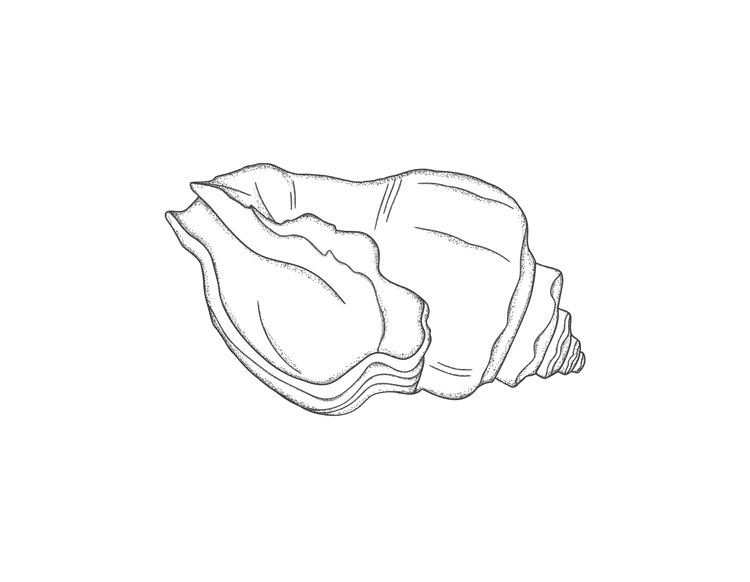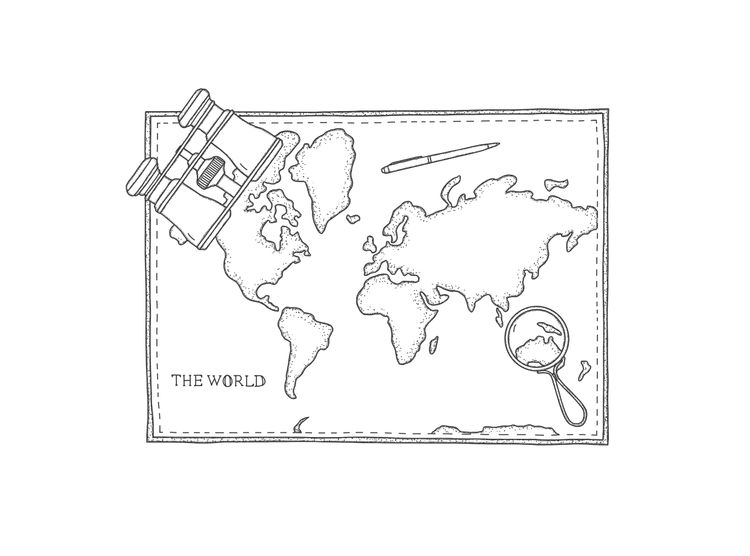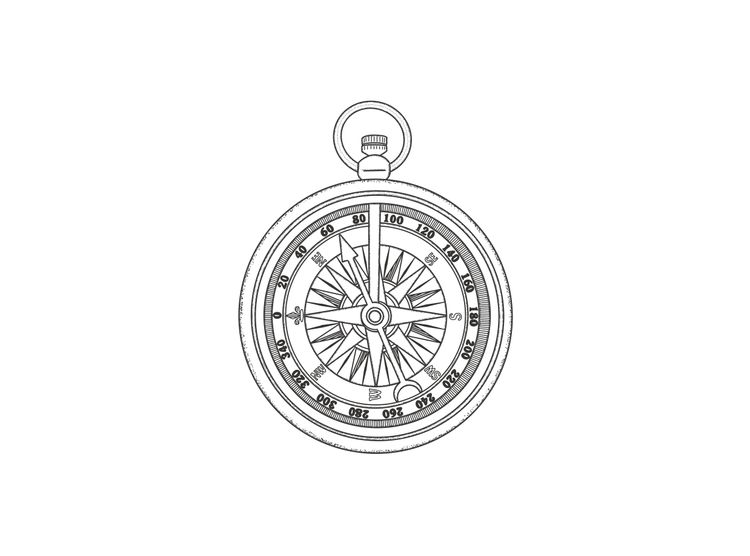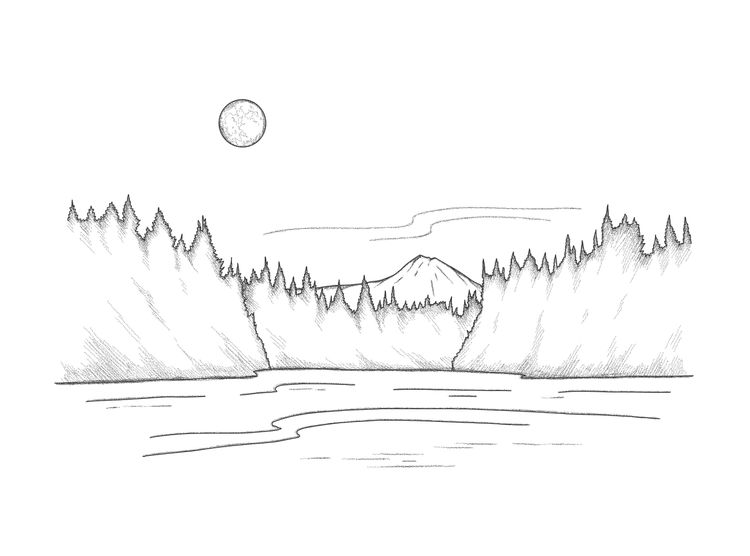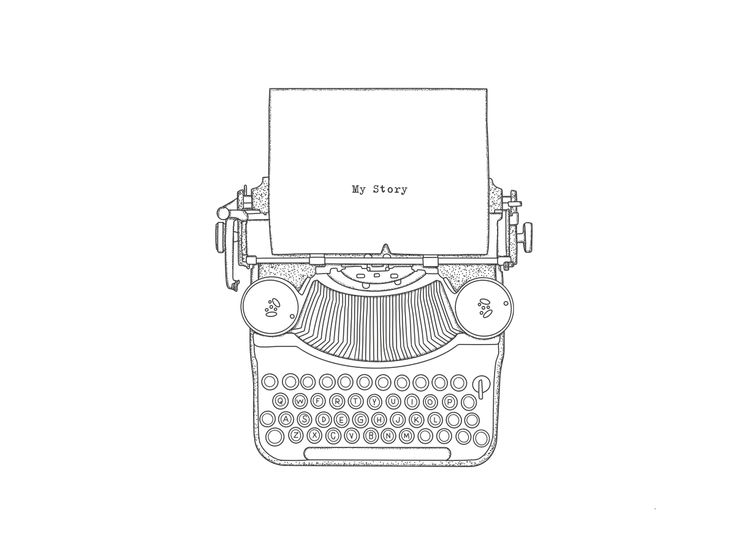Story

What stories do we tell about ourselves? Do they inspire us? Do they lift us up? Do they help us find the energy and the will to claim what we want for ourselves? Do they record what is noble in us, what endures? Do they encourage us to spend our time on what is most important to us—on what we value most?
Do the stories we tell about ourselves discourage us? Do they hold us back? Do they put us down? Do they cast us as victims of fate, or another's choices? Do they rob us of our agency and power? Do they feed the anger or the shame in us? Do they cause us to withdraw from life and those we love? Do they persuade us to neglect the things we value most? Are the stories we tell about ourselves so old and so familiar that we mistake them for the truth?
Do the stories we tell about ourselves serve us now, today? Do they help us learn and grow? Do they grant us space enough to find new ways of being in the world? Do they teach us to hold ourselves with kind and gentle hands? Do they allow our hearts to touch and feel the joys and sorrows of the world? Do we find in them our purpose in the world? Do they fill our lives with meaning?
Do the stories we tell about ourselves serve others well? Do they help us put away our anger, fear and judgment? Do they water the seeds of understanding and compassion in us? Do they help us bring more peace to our relationships, and to the world? Do they honor our loving hearts, and all we have to give?
Apparently, each of us is made up of about 30 trillion cells. Every day, we replace about 1% of them. At that rate, the entirety of us changes more than three times every year. The world outside us seems to be equally inconstant. We find new jobs. We move to different neighborhoods and countries. We get married and divorced. Friends leave and enter our lives.
What is the pattern that persists through all this change? It seems to me that, more than anything, it is the stories we tell about ourselves that leave us with the sense of one life lived. Whether we are aware of what we are doing or not, we all write our own narratives.
What does it mean to be a skillful author of one's story? I wonder whether part of the answer lies in finding the right balance between continuity and change. When the stories we tell about ourselves become too fixed and rigid, they can constrain our point of view, limit the way we experience the world, trap us in the past and block the processes of change and growth that want to work through us. When they change too often or too violently, we can lose our sense of who we are, what we value and why we choose the lives we do. (We always choose something, even if the story we like to tell ourselves is that we had no choice.)
Perhaps we need to look at ourselves with the right measure of flexibility, acknowledging the things that seem to endure in us while allowing for the possibility that our stories can change too—that we can rewrite them in ways that better serve us, and the world.
In an essay titled Fail Better, published in The Guardian newspaper in 2007, Zadie Smith makes the claim that we cannot separate writing from the writer; that writing is always "the attempted revelation of this elusive, multifaceted self"; and that almost all writing fails, because the task it sets itself is not achievable.
It is impossible to convey all of the truth of all of our experience. Actually, it's impossible to even know what that would mean, although we stubbornly continue to have an idea of it, just as Plato had an idea of the forms. When we write, similarly, we have an idea of the total revelation of the truth, but cannot realise it. And so, instead, each writer asks himself which serviceable truths he can live with, which alliances are strong enough to hold.
I have told so many different stories about myself. I have told the story of a daring foreign correspondent—a speaker of truth to power. I have wandered in the desert, lost. I have been intoxicated with the story of my own power and position. I have discovered in myself a lovely, enduring story about helping others find meaning and happiness in their work through mine. I have cast myself as a warrior, a pioneer, a tyrant, a leader, a rebel, a victim, a mentor, an outcast, a guide, a fool, a servant.
What has endured? My sense of what is most important to me, I think. There have been times in my life when I have lost my way, become untethered from the truth in me and felt alienated from myself. There have been other times when I have honored my values and lived with a sense of ease and belonging. Either way, what is most important to me has found a way to let its lasting presence in my life be felt.
What else has endured? My work. I have come to understand that what I have to give the world can manifest itself through many shapes and forms—writing, coaching, consulting, leading, following. It is part of its charm; part of the hold my work has on me. I get to perform this dance that never seems to repeat itself or become stale, yet reliably returns to the same enchanting motifs, again and again.
Stories, like people and butterflies and songbirds’ eggs and human hearts and dreams, are also fragile things, made up of nothing stronger or more lasting than twenty-six letters and a handful of punctuation marks. Or they are words on the air, composed of sounds and ideas—abstract, invisible, gone once they’ve been spoken—and what could be more frail than that? But some stories, small, simple ones about setting out on adventures or people doing wonders, tales of miracles and monsters, have outlasted all the people who told them, and some of them have outlasted the lands in which they were created.
From Fragile Things: Short Fictions and Wonders by Neil Gaiman.
Each week I explore a life metaphor that has touched me in my coaching. Subscribe to get my scribblings every Sunday morning. You can also follow me on Medium, or on LinkedIn. Feel free to forward this to a friend, colleague, or loved one, or anyone you think might benefit from reading it.

